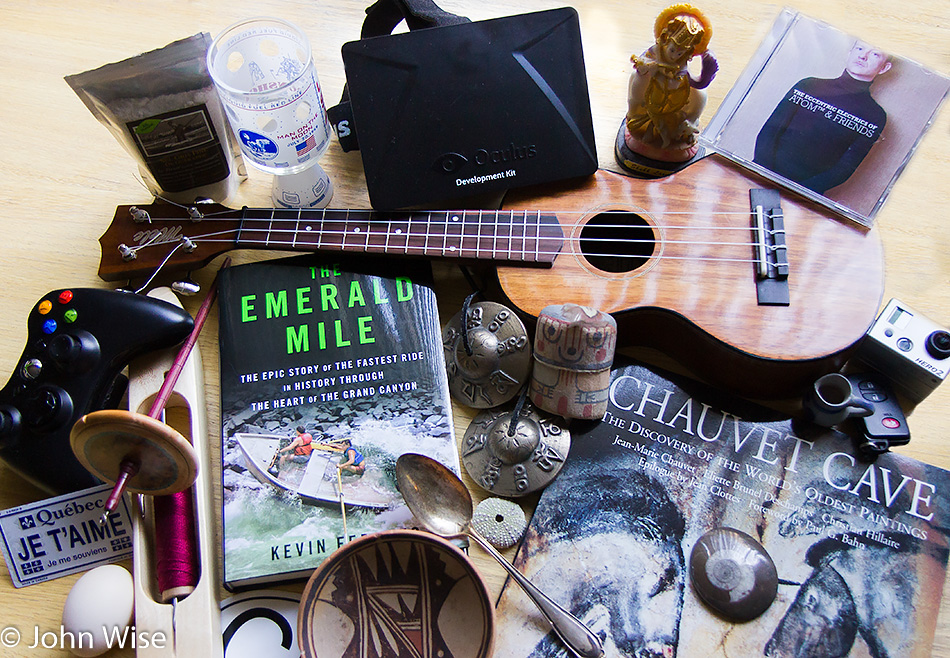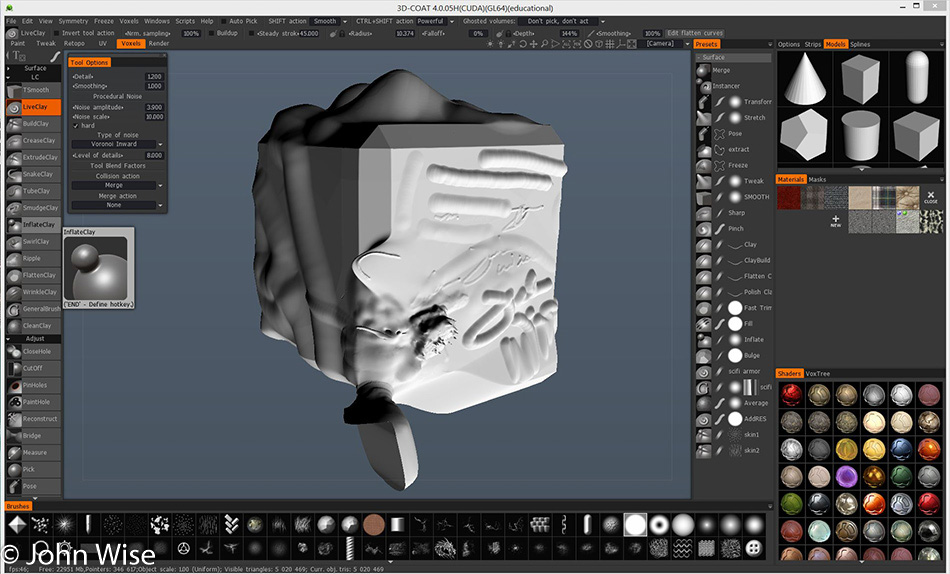
Everything you think you know is about to be turned on its head. The coming revolution is a wave of tsunami proportions that will fundamentally alter humankind’s course. This historic moment will be instigated by the Oculus Rift, though the impact will only be seen through hindsight.
Most who know me likely think I’m a bit too liberal with the hyperbole regarding my enthusiasm for how I perceive the future. That’s okay, as I don’t claim to be clairvoyant and readily admit I may be quite wrong, but I really believe I’m being too conservative – even if my timeline proves to be short. You see, I think we are on the precipice of extraordinary change on the scale of when humans discovered how to work with fire, pottery, metal, or agriculture.
For nearly 150,000 years, while reality has been all around us, our mark on it, our art, has been in front of us – and it wasn’t always portable. What I mean is that when we learned to map a location, our ancestors likely drew a diagram in the dirt; this might have led to our recognition that we could use a rock to mark a tree and then mark a wall. Art was born. Since that time, we have become more sophisticated in our ability to place art before ourselves by putting it on statuary, canvas, celluloid, glass tubes, and now on thin, flat glowing panels. What all these things share, from the cave wall to a bendable OLED screen, is that they are before us; they are in front of our faces and are an element of our reality.
We are about to embark on a new paradigm, one where art is no longer in front of us; instead, it will supplant reality, placing us in the middle of a new reality. Some may look at this merely as a means to play a video game, and that is how it will be sold. Others will think it is a perverted tool that will make pornography all the eviler, though they themselves will likely have to know that first hand. Hollywood may see it as a savior that will deliver more eyeballs to see the same movies all over again as they work to remake yet more sequels; this time, though, they’ll be immersive. The paradigm I speak of is virtual reality, also known as VR.
What the Oculus Rift, and a host of similar products I’m sure, promise to bring, is the ability to be anywhere – except where we are. I won’t argue that it will take time for a generation brought up on shooting everything that moves to shift to taking an interest in exploring the sublime. This is in part because those of us venturing forward to create such content will need a lot of time and probably some external capital to allow us to employ artists, scientists, programmers, and musicians. But I see a problem with this: curiosity leads to…well, curiosity. Why is that an issue? Curiosity is a cornerstone of greater intellectual capacity, and we are on a 50-year binge of banality and conformity that has intentionally or inadvertently commercially benefited a certain segment of the population from our dumbing down. How will those interests either cede control or evolve their own content away from being manipulative and trivial?
Without simulated rape, drug use, chainsaw death, torture, shooting, and other negative stimuli to rail against, how will the powers that be leverage media hysteria on how “Educational” or “Enlightening” VR is, corrupting whichever segment of society should be targeted for being its victim? Is it really by consumer demand that our movies, books, and video games nearly always have an evil character? Why, then, when we travel, do we spend time exploring the arts, music, exotic cuisine, and beautiful nature instead of dodging zombies or going on shooting sprees? We explore because life is interesting, amazing, and full of learning opportunities. Media-contrived art is not imitating life, it is extorting the masses.
When the individual returns to painting on the virtual cave wall, to drawing in the digital dirt and watching the flicker of electronic light bouncing off a 3D caterpillar metamorphosing into a butterfly in an immersive world as seen through the Oculus Rift, they are going to feel in control and even more curious. They will wonder what they’ve been missing while they’ve been living comfortably numb in a society that has been celebrating mediocrity. Virtual reality is going to peel back the facade that ignorance is bliss; it is going to have us all dreaming of where we can go next and wondering what the story is behind those Mayan ruins, folding proteins, supernovae, and the mechanics of how a flower unfurls in the morning sun.
Watch out, world; here comes curiosity.


